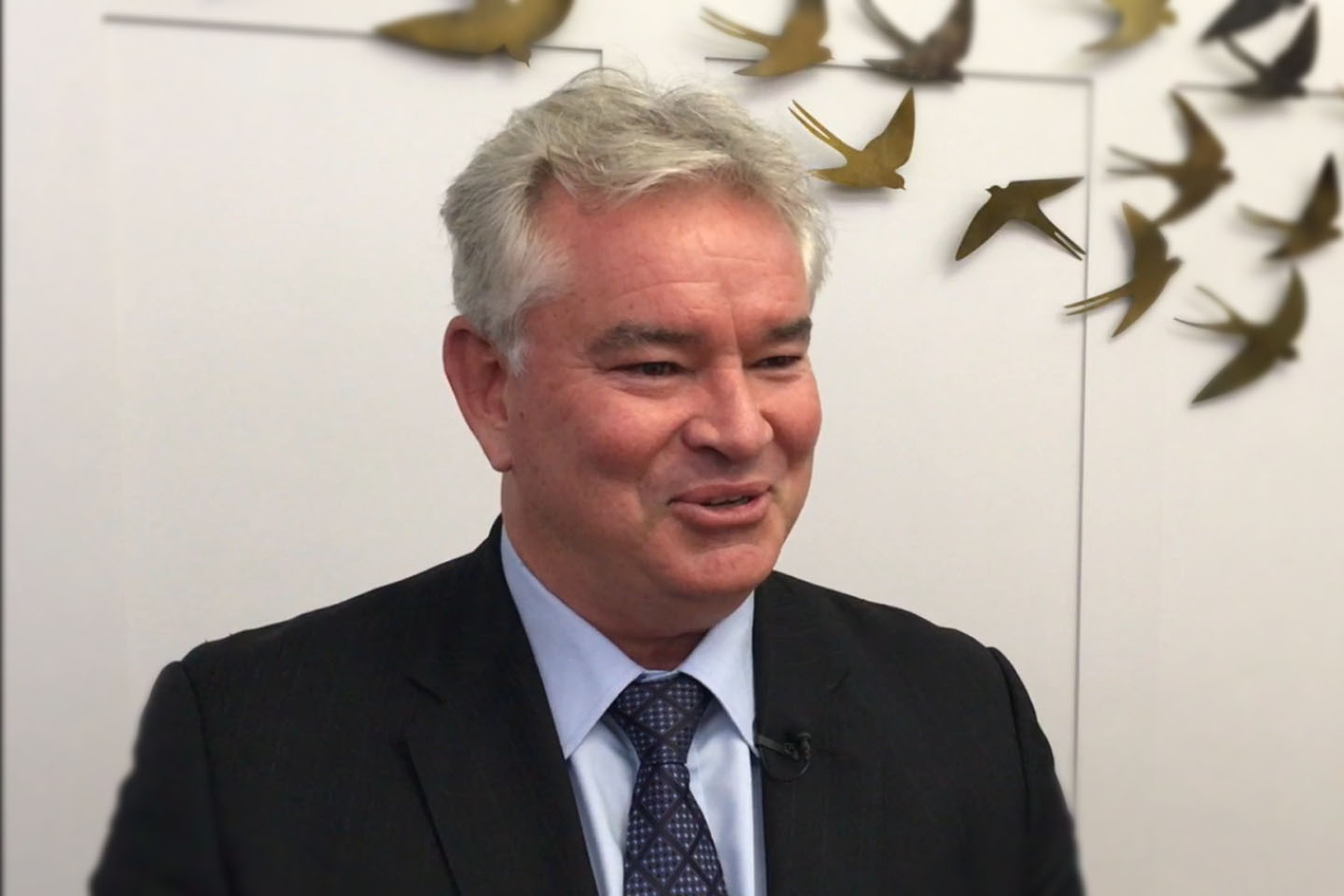AVZ Minerals has appointed well-credentialled, Perth-based, GR Engineering Services to oversee delivery of the definitive feasibility study for its Manono lithium and tin project in the Democratic Republic of the Congo, by the June quarter of 2020. On-site, DFS work programs are continuing on schedule with metallurgical test work well underway and dewatering programs for the historical Roche Dure open pit having commenced.


Africa-focussed lithium developer, AVZ Minerals, has appointed well-credentialled, Perth-based, GR Engineering Services, or “GRES”, to oversee the delivery of its definitive feasibility study, or “DFS”, for the Manono lithium and tin project in the Democratic Republic of the Congo.
ASX-listed GRES specialises in fixed-price engineering, design and construction, or “EPC”, services to the resources and mineral processing industry on a global scale
The team appointed for the AVZ studies has previous experience working in Africa and recently provided both operational support and optimisation studies at ASX-listed, Tiger Resources’ Kipoi copper project in the southern DRC.
Managing Director Nigel Ferguson said: “The appointment of GRES as the DFS engineer is a significant milestone for the Manono project as its work is highly regarded by leading financiers and lending institutions.”
“GRES has completed a large number of bankable feasibility studies and has an exceptional track record in executing project design and construction developments on time and within budget.”
According to the company, DFS work programs are continuing on schedule at site, with metallurgical test work underway and well advanced.
The dewatering program for the historical Roche Dure open pit void has now also commenced following the approval of a permit to do so by DRC’s Department of Mines.
AVZ’s massive, world-class Manono lithium-tin project, is located in the south-eastern part of the DRC and holds 400 million tonnes grading 1.65% lithium oxide and 715 parts per million tin.
The pegmatite-hosted ore system is dominated by low contaminant, lithium spodumene mineralisation, which will potentially make the concentrated ore product sought-after globally by lithium-ion battery manufacturers.
Over 67% of AVZ’s lithium tonnes at Manono are classified at the more confident “measured and indicated” resource status, from which the company will initially optimise its maiden ore reserves for the flagship Roche Dure deposit.
The company has produced an extraordinary exploration target for the district that totals between 1 billion to 1.2 billion tonnes ranging in grade from 1.25% lithium oxide to 1.5% lithium oxide.
The key outcomes of a recent 5 million tonne per annum scoping study for Manono, showed an initial mine life of 20 years, generating a pre-tax net profit value of USD$2.63b at an internal rate of return of 64%, with capital costs ranging between USD$380m and USD$400m.
The scoping study outlined potentially enviable margins of USD$427 per tonne of dry spodumene concentrate produced, at a forecast sale price of USD$750 per tonne.
AVZ recently secured an additional 5% stake in the Manono project, which takes the company’s equity interest to 65% and thereby increases the net present value for the company by USD$130 million to about USD$1.68 billion.
This significant development comes on top of a recent strategic alliance with major Chinese shareholder Zhejiang Huayou Cobalt Co. Ltd, one of the world’s largest manufacturers of cobalt chemicals for the emerging battery minerals sector.
That company has established mining and processing operations in the DRC and AVZ will leverage this in-country experience to help drive its DFS for the Manono project.
Huayou can also provide the company with advice and assistance relating to project financing, offtake financing, strategic services and the cost-effective transport of products from the DRC to an external customer base.
Based on the positive outcomes of its recent 5 million tonne per annum scoping study, AVZ has now turbocharged its DFS for Manono and with this week’s appointment of GRES, the study is set down for completion in the second quarter of 2020.












